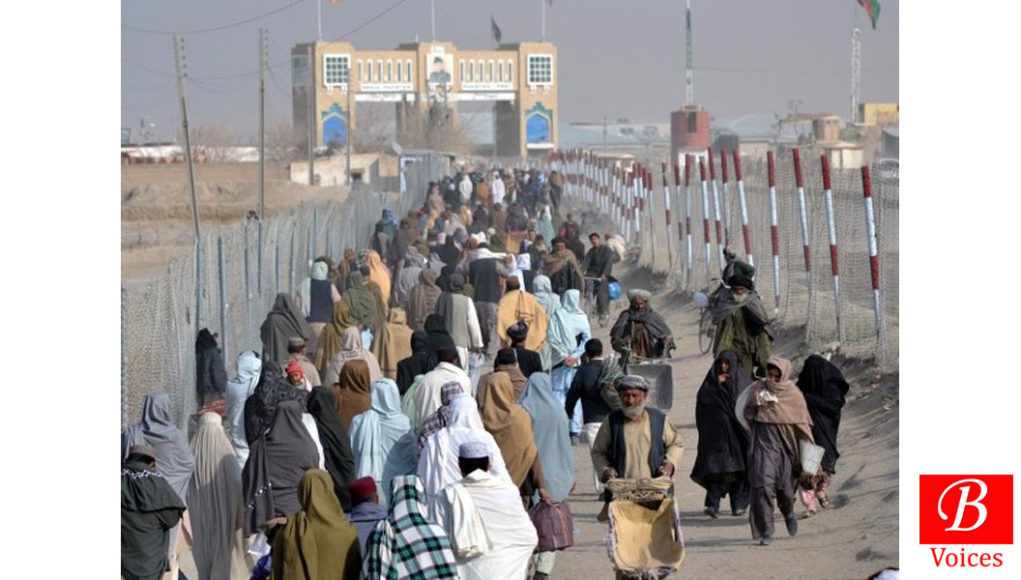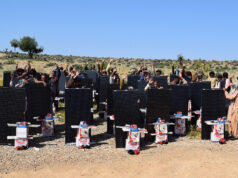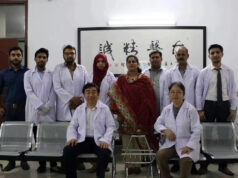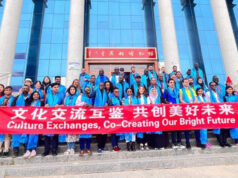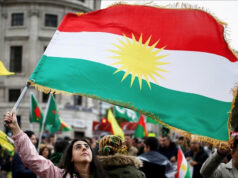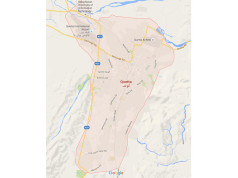Fauzia Kalsoom
A young man from Pakistan’s Punjab region, in a YouTube video, happily provides guidance to the willing candidates for ‘done key’, a slang term for illegal migration in Pakistan to European countries, telling his viewers what excitement one feels when he enters Italy after one month of hardships and strenuous travelling through many countries. These videos mostly show only the bright side of the irregular migration but it obviously has a dark side, which hardly makes it to the social media platforms.
Irregular migration, which takes place in the form of migrant smuggling and trafficking in persons, has many criminal activities associated with it. These criminal activities include money laundering, document fraud, killings and corruption which are imminent concern for Pakistan. A dream for achieving riches overnight to lead a better life amid irregular population growth coupled with fast depleting employment opportunities in the country entice innocent youth to fall prey to the human traffickers and agents.
According to a report produced by the United Nations Office for Drugs and Crime, Country Office, Pakistan, trafficking in persons is the acquisition of people by improper means such as force, fraud or deception, with the aim of exploiting them. Smuggling of migrants involves the procurement for financial or other material benefit of illegal entry of a person into a State of which that person is not a national or resident.
Recent reports confirm that Pakistan is simultaneously a sending, transit, and destination point for smuggled migrants and trafficked persons besides there is internal human trafficking, especially of women and children. It is an ongoing challenge for Pakistan to nab the criminals who exploit desperate people and to protect and assist victims of trafficking and smuggled migrants, many of whom go through unimaginable sufferings in their bid for a better life.
Although there are several success stories of the youth who migrated illegally to European countries via Iran, Turkey and Greece or other Eastern European countries but the horrible side of this whole process are the stories of those who never make it to their desired destinations and end up in detention centers abroad or face death as an anonymous person.
One is morally bound to give an ominous warning regarding exploitation involved in setting off on a perilous journey to Europe as irregular migrants. Initially the Iran-Turkey-Greece route was very popular among the irregular migrants to enter Europe but after Greece has implemented strict measures this route has become difficult. Morocco-Spain route was also used Turkey Bulgaria route but it has also become difficult because of the Bulgarian government’s harshness treatment of illegal migrants. There are also many other routes which include Russia to Finland and Russia to Poland. Most of them end up in camps set up by the governments of the countries where they are given shelter before deportation.
Those who are trafficked to Gulf States, Iran, Greece and other European countries engage in low-skilled employment on hourly or daily wages. They even fail to earn money to compensate the expenditure they incur on their travel. This happens because of the fraudulent job offers and exploitative recruitment. Due to the illegal status of irregular migrants they face restriction of movement, withholding of wages, threats, and physical and sexual violence. Women and girls also constitute a significant target for trafficking in and out of the country.
The domestic human trafficking involves trade of women between different tribal groups as forms of payment and to settle disputes, while daughters are sold by their kidnapers and sometimes by their parents into forced marriages, domestic servitude and prostitution. In some cases the human traffickers send migrants abroad by make shift boats in precarious conditions which capsize at the high seas killing their occupants.
According to date released by the US State Department in its 2022 Trafficking in Persons Report: Pakistan, this year 21,253 trafficking victims were identified, compared with 32,022 trafficking victims in 2020 and 19,954 in 2019. This included 190 for sex trafficking, 536 for forced labor, and 20,527 for unspecified exploitation -16,950 women, 2,918 men, 1,310 boys, and 50 girls. The government did not report the number of bonded labor victims identified, compared with 30 identified in the previous reporting period.
The Federal Investigation Agency (FIA) has been given a mandate to prevent and suppress trafficking in persons and migrant smuggling.
In response to the emergence of migrant smuggling and trafficking in persons, the Government of Pakistan has taken various steps to develop national strategies to prevent these crimes and protect the rights of victims. In this regard Prevention and Control of Human Trafficking Ordinance, 2002 and Prevention of Trafficking in Persons Act, 2018 were promulgated.
Ironically, despite the above-mentioned legislation and other measures to prevent irregular migration the practice is still continuing unabated. The agents who send people abroad through illegal means in exchange of hefty amounts are still working in the country. Mere legislation is not enough to curb any crime the effective implementation of the relevant laws is required. In order to restore our country’s prestige and reputation at the international level we must curb the practice of illegal migration from and into Pakistan. In order to achieve this objective we must crackdown on the networks of agents, discourage trend of irregular migration through educating people of the areas which are famous for such trend.
Although some International Non Government Organizations (INGOs) are working tirelessly to discourage irregular migration and educate people about the risks involved in illegal migration, but it is primarily the duty of the state to stop this trend by the strict implementation of laws and provision of job opportunities to people in the country will help check the trend of going abroad for a better future.
Disclaimer: Views expressed in this article are those of the writer and Balochistan Voices does not necessarily agree with them.
Share your comments!


